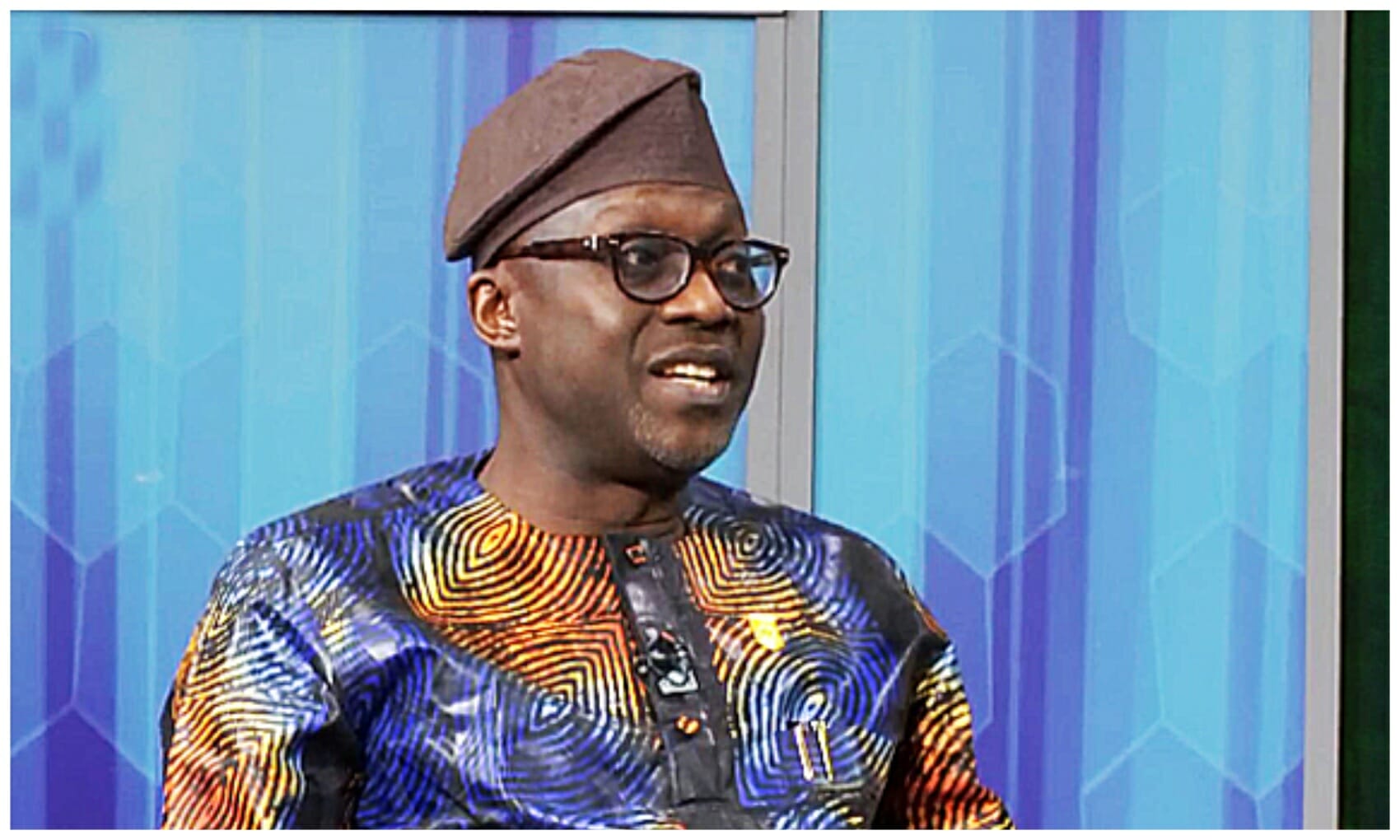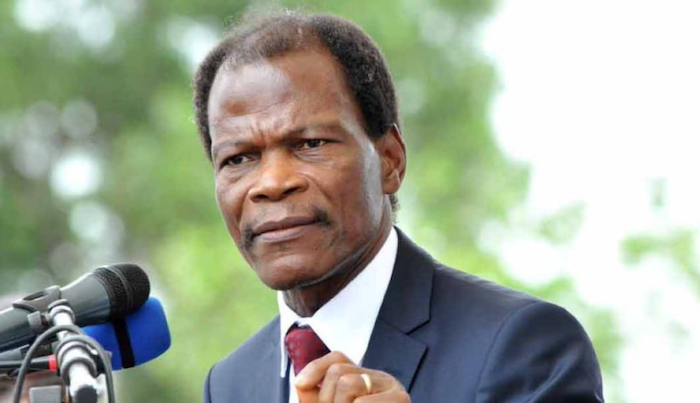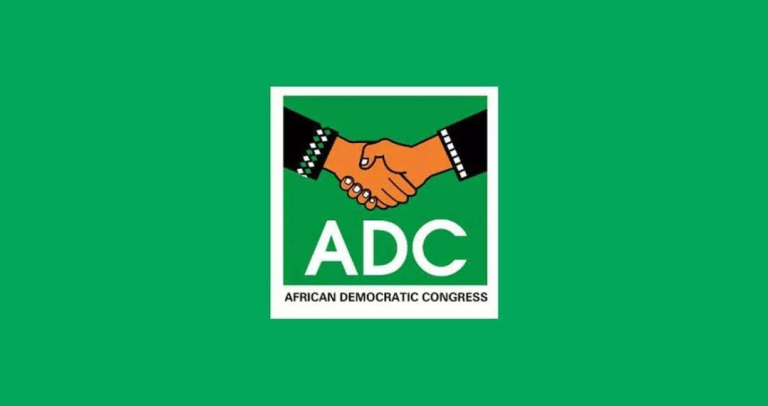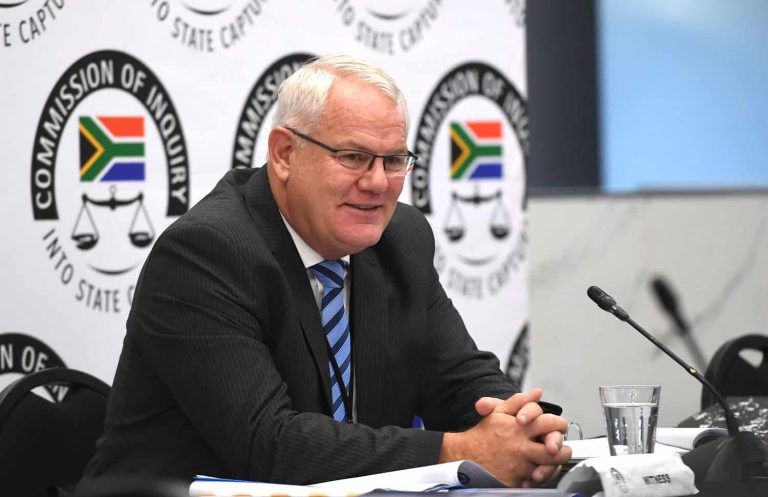
The Manufacturers Association of Nigeria (MAN) has commended the Federal Government’s approval of a 15 percent import tariff on petrol and diesel, describing it as “a strategic step and patriotic policy” that aligns with the Nigeria First agenda and the association’s advocacy for local content development.
In a statement signed by its Director-General, Segun Ajayi-Kadir, MAN said the policy reflects the government’s responsiveness to the “imperatives of growing indigenous manufacturing.”
The association stated that it “exemplifies government’s commitment to halting the perennial bleeding of our patrimony; asserting the sovereignty of the great country; guaranteeing energy sufficiency and security, and improving the overall wellbeing of Nigerians.”
Ajayi-Kadir noted that the policy, coming shortly after MAN’s 53rd Annual General Meeting themed “Nigeria First: Prioritising Patronage of Made in Nigeria Products,” was timely and reassuring for domestic producers.
According to MAN, the tariff “is a rightful, deliberately designed policy instrument intended to protect and encourage domestic producers, curb dumping, and create a stable environment for local refiners to thrive.”
The association further stated that the measure “will accelerate operational readiness of domestic refineries, thereby reducing disruptions and stabilising energy supply to industries.”
The body also emphasised that “supporting local refining capacity through appropriate policy tools will conserve scarce foreign exchange, improve the stability of the Naira, and foster a more favourable macroeconomic environment for investment.”
MAN listed multiple expected benefits from the policy, including promoting backward integration across the energy value chain, strengthening the manufacturing base, and generating employment opportunities. “It will also promote local content development and stimulate demand for Nigerian engineering, fabrication, and logistics services,” the statement added.
While expressing full support for the 15 percent tariff, MAN urged the government to ensure “transparent, efficient, and well-coordinated implementation to ensure its benefits reach both industry and consumers, safeguard competitiveness, and prevent unintended cost burdens.”
The association specifically called for “transparent price monitoring” by relevant agencies, “a stable transition period” to prevent supply shocks, and “reinvestment of tariff revenue into energy infrastructure, refinery efficiency, and power support schemes for industries.”
MAN also recommended that the government “move speedily to fully privatise the government-owned refinery as it is evident that we may never succeed in restoring them to functionality under the current dispensation,” adding that “selling off the refineries will stop the commitment of our scarce financial resources to an evidently irredeemable venture.”
Ajayi-Kadir concluded that MAN “acknowledges this major step in the implementation of Nigeria First policy of government,” reaffirming the association’s commitment to supporting local industrialisation. “We are committed to supporting the Federal Government’s Nigeria First policy direction, especially on local content development and home grown industrialisation,” he said.
MAN expressed confidence that the tariff “will accelerate the country’s journey toward energy sovereignty, industrial competitiveness, and sustainable economic growth, all anchored on the strength of Made-in-Nigeria.”
Faridah Abdulkadiri



